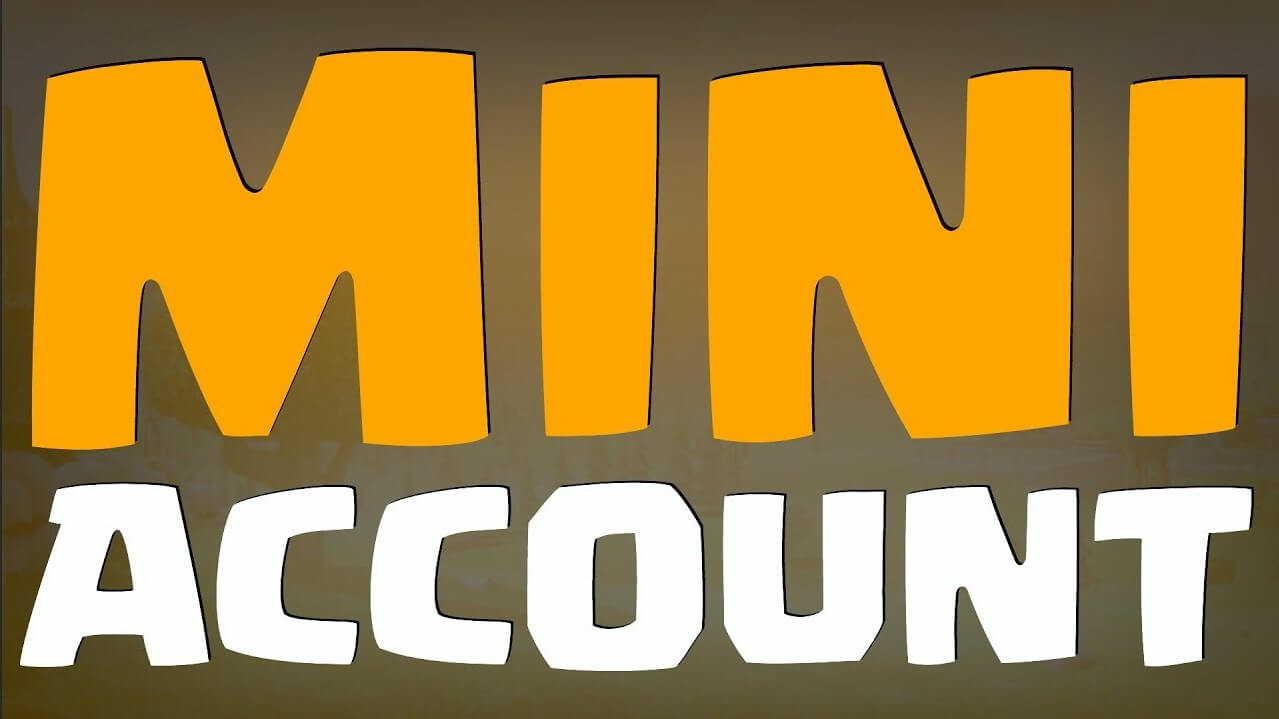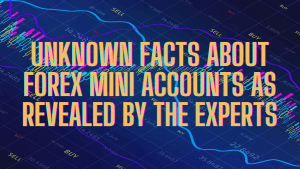Many forex brokers offer multiple types of trading accounts so that they can cater to the needs of different kinds of clients. For example, a VIP account is usually designed for big-league clients that can afford to make a very large deposit (somewhere in the ballpark of $25,000, $100,000, or more). The broker might reward these clients with lowered spreads and commission fees or other benefits for making such a large investment with them. A Mini account is one common account type that is more suitable for entry-level traders. This account also might be referred to as a Cent or Micro account.
Conditions with every broker are different, but there are a few things you can expect to see with a Mini account type:
- A low deposit minimum: Some brokers will allow you to deposit $5, while others might ask for a larger amount of around $100 or so. Still, the required minimum for these accounts is often much lower than the asking amount for a Standard account or other type of account that the broker offers. This makes these accounts more attractive for beginners.
- A smaller minimum trade size: Most mini accounts will allow you to make a trade that is one micro lot (0.01) in size. Other larger accounts often require a minimum trade size of one mini lot (0.1) or one lot, especially accounts with larger deposit requirements.
Mini accounts are attractive options for beginners because they offer the ability to open a trading account with a smaller deposit while taking a reduced risk through smaller contract sizes on trades. Traders usually have access to the same assets, trading platforms, support options, and other features offered by the broker, so this can be a great option for those that are just starting out.
If you’re considering a Mini account, you do need to be aware of some of the dangers associated with these account types. While trustworthy brokers will provide you with average conditions or better, some brokers take advantage of entry-level traders that can’t afford to make a big investment right out of the gate. Here are some things to watch out for:
- Make sure the broker’s asking deposit is low. You should never have to deposit $500 or more to open a mini account. Even $250 is a lot considering that many standard accounts can be opened for around $100 to $200.
- Check the spreads on the account – the average spread is 1.5 pips on the pair EURUSD. If you see spreads of 3 pips or more on this pair, you should look at other options. You shouldn’t be charged an arm and a leg to make a trade just because you have an entry-level account, and many other brokers won’t try to overcharge you. Of course, do expect to see higher spreads than what might be offered on a Platinum, VIP, etc. account that requires a much larger deposit.
- Look at commission fees to be sure that they are reasonable as well. Be sure to add spreads and commission fees so that you know the total cost of placing a trade.
- Some shady brokers withhold certain features from lower-tiered accounts, even though those benefits should be available to everyone. For example, VIP clients might be provided with instant support, while Mini account holders are only able to talk to support through email. Having a dedicated account manager is one thing but being denied basic customer service options is unacceptable.
A Mini account can be a great option for traders that are just getting started. This account type accepts low entry-level deposits and will allow you to make smaller trades. Although profits are on a smaller scale, clients that are still learning will benefit more from this less risky account type. There are a few things to watch for before opening a mini account, however, as some brokers might try to charge you high fees or take advantage of beginners. As long as you open a mini account through a trustworthy brokerage, you will be able to reap the benefits without losing your investment as easily as you could on another type of account. Once you become more acquainted with trading, many brokers will allow you to move on to another account type that supports larger trades and offers more benefits.






